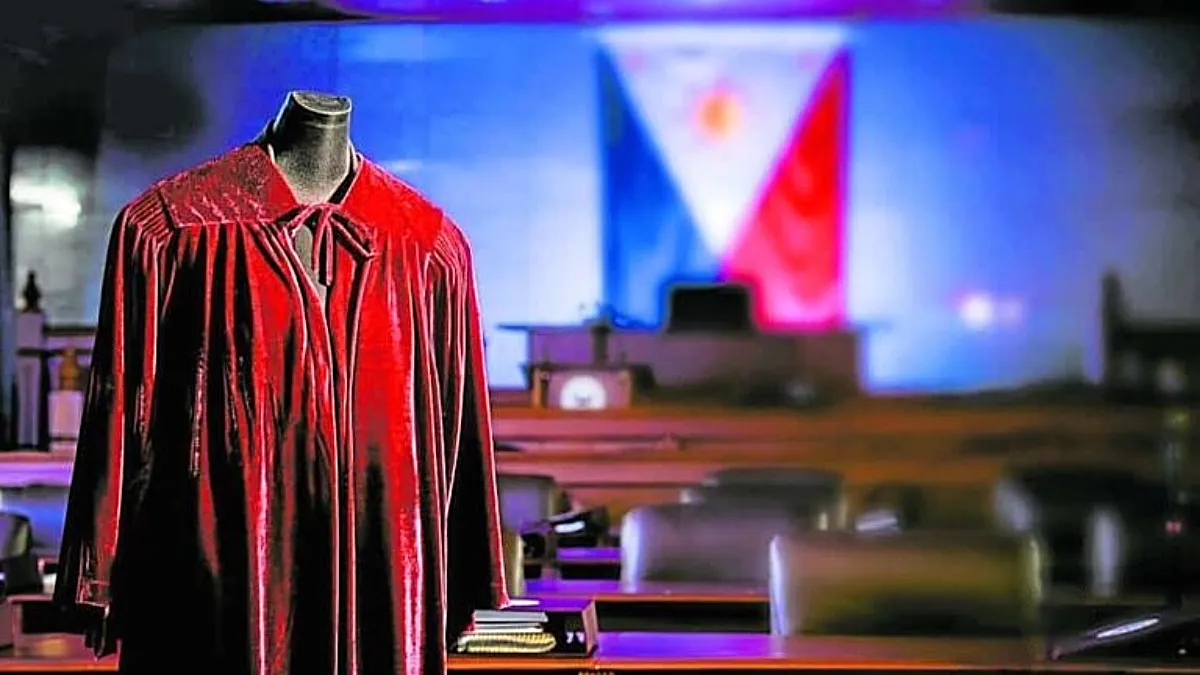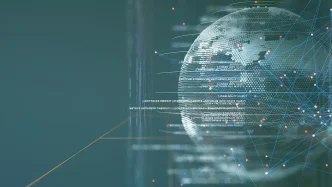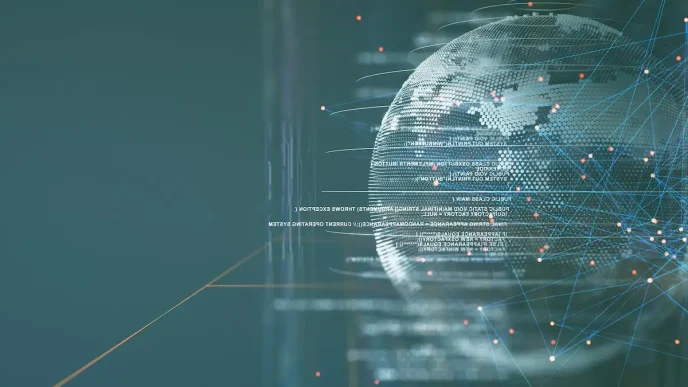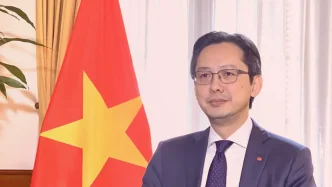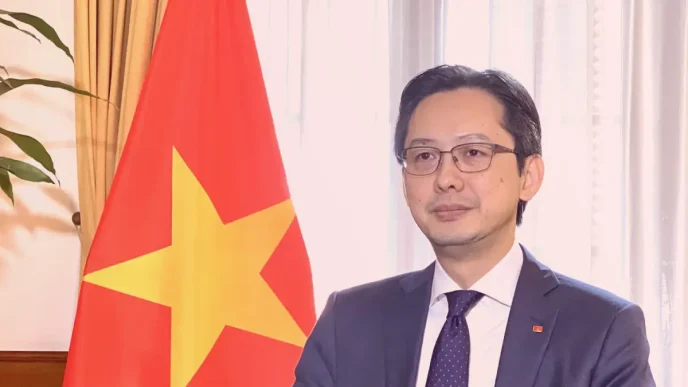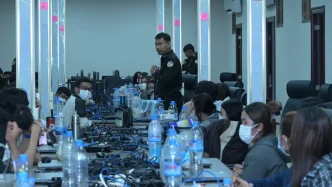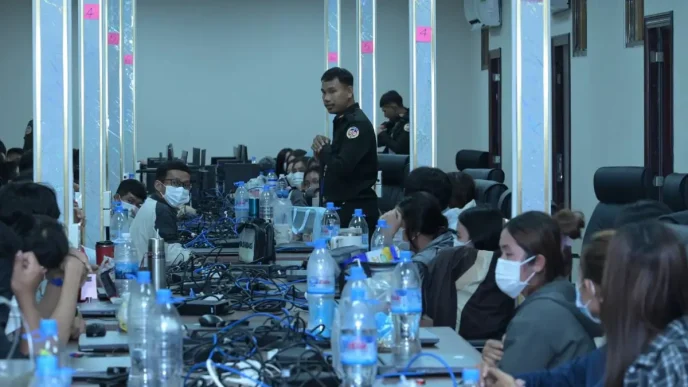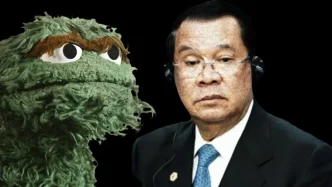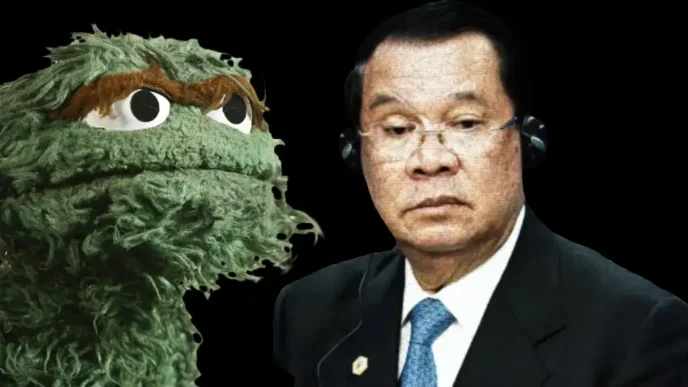In a significant development for Philippine politics, Senate President Francis Escudero has announced that the Senate will deliberate on the Supreme Court’s recent ruling, which declared the impeachment articles against Vice President Sara Duterte unconstitutional, on August 6, 2025. The decision to postpone the discussion by a week emerged from a caucus of senators on July 30, 2025, reflecting a cautious approach to a deeply contentious issue in the country’s political landscape.
A Cautious Delay for Thorough Review
The Senate’s decision to schedule the discussion for next week was driven by a need to thoroughly examine the Supreme Court’s extensive 97-page ruling, excluding additional concurring and separate opinions filed by several magistrates. Escudero emphasized the importance of giving senators “ample and sufficient time” to study the document, ensuring that the eventual debate is well-informed and substantive. This move underscores the gravity of the situation, as the impeachment process against a sitting vice president carries significant implications for the balance of power in the Philippines.
The caucus, held on the afternoon of July 30 before the opening of the second session day of the 20th Congress, covered a range of legislative priorities, including senators’ priority bills, measures approved at the committee level in the previous Congress, and the legislative calendar. However, the impeachment issue dominated discussions, highlighting its prominence amid ongoing political tensions.
In a separate interview on the same day, Senator Juan Miguel Zubiri revealed that Senate Minority Leader Vicente Sotto III had proposed the August 6 date for the discussion. While a majority of senators supported Sotto’s suggestion, Zubiri noted that some colleagues were eager to resolve the matter immediately. “We have colleagues who want to stand and have it dismissed today. They gave in to the request of our colleagues to give it one more week to carefully study, and of course, our discussions will be educated discussions on the issue” Zubiri stated on July 30, 2025.
Supreme Court Ruling Halts Impeachment Trial
The Supreme Court’s ruling, which deemed the impeachment complaint against Vice President Sara Duterte unconstitutional, has effectively halted the Senate’s planned impeachment trial. This decision has sparked a complex debate within the Senate, as it challenges the chamber’s authority to proceed with such proceedings under the current legal framework. The ruling represents a significant judicial intervention in a political process, raising questions about the separation of powers and the judiciary’s role in impeachment matters.
Escudero, while acknowledging the weight of the Supreme Court’s decision, expressed his personal view that there is no longer a need for the Senate impeachment court to convene. However, he was quick to clarify that this opinion does not reflect the final stance of the Senate, as the decision will ultimately rest with the majority of its members. “The decision of the majority of the Senate will always prevail” Escudero noted on July 30, 2025, signaling a commitment to democratic processes within the chamber.
Political Context and Implications
The impeachment case against Sara Duterte, daughter of former President Rodrigo Duterte, is steeped in the intricate dynamics of Philippine politics. As vice president, Duterte holds a position of considerable influence, and the attempt to impeach her has been viewed by many as a test of political loyalties and power struggles within the government. The Supreme Court’s intervention has added a new layer of complexity, potentially reshaping the political landscape as factions within the Senate and beyond react to the ruling.
The decision to delay the discussion until August 6 also reflects broader concerns about the potential ramifications of a rushed judgment. Impeachment proceedings, by their nature, are highly charged and can polarize both political actors and the public. By opting for a more deliberate approach, the Senate appears to be navigating a path that balances legal scrutiny with political pragmatism. This delay allows senators to consult legal experts, review precedents, and consider public sentiment, all of which are critical in a case of this magnitude.
Historical Precedents and Legal Challenges
The Philippines has a history of high-profile impeachment cases that have shaped its democratic institutions. The impeachment of former President Joseph Estrada in 2001, which led to his ouster following a popular uprising known as EDSA II, remains a defining moment in the country’s political history. Similarly, the 2012 impeachment of Chief Justice Renato Corona, under the administration of President Benigno Aquino III, highlighted the Senate’s role as an impeachment court and the judiciary’s influence over such processes.
In the current context, the Supreme Court’s ruling on Duterte’s impeachment raises critical questions about the legal boundaries of impeachment proceedings. The Philippine Constitution grants the House of Representatives the power to initiate impeachment complaints, while the Senate serves as the trial court. However, the judiciary’s authority to review the constitutionality of such complaints introduces a check on legislative power, as evidenced by this recent decision. Legal scholars are likely to debate whether this ruling sets a precedent for future impeachment cases, potentially altering the dynamics of accountability for public officials.
Public and Political Reactions
The Supreme Court’s decision and the Senate’s subsequent response have elicited varied reactions from political analysts and the public. Supporters of Vice President Duterte may view the ruling as a vindication, reinforcing her position within the administration. Critics, however, might argue that the decision undermines the Senate’s ability to hold high-ranking officials accountable, particularly in cases where allegations of misconduct or abuse of power are raised.
The one-week delay in Senate discussions also provides an opportunity for public discourse to evolve. Civil society organizations, media outlets, and political commentators are expected to weigh in on the implications of the ruling, potentially influencing senators’ perspectives when they convene on August 6. In a country where public opinion often plays a significant role in shaping political outcomes, this period of reflection could prove pivotal.
Looking Ahead: Unresolved Questions
As the Senate prepares for its discussion next week, several unresolved questions loom large. Will the majority of senators align with Escudero’s view that the impeachment court need not convene, or will dissenting voices push for alternative interpretations of the Supreme Court’s ruling? How will this decision impact Vice President Duterte’s political standing, particularly in light of her family’s enduring influence in Philippine politics? And what broader implications might this case have for the balance of power between the legislative, executive, and judicial branches of government?
These questions underscore the complexity of the situation, which extends beyond legal technicalities to encompass fundamental issues of governance and accountability. The Senate’s deliberations on August 6 will be closely watched, not only by political stakeholders but also by a public eager to understand the direction of their democracy.
For now, the Philippine Senate stands at a crossroads, tasked with interpreting a judicial ruling that could redefine the parameters of impeachment. As the debate unfolds, the decisions made in the coming days will likely resonate far beyond the walls of the Senate, shaping the political narrative in the Philippines for years to come.


